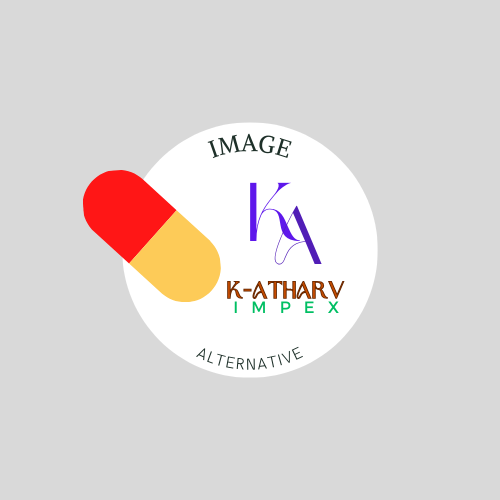- Your cart is empty
- Continue Shopping

Gemcite 1gm Injection
Uses of Gemcite 1gm Injection
Gemcite 1gm injection is used to treat
- Bladder cancer, in combination with cisplatin
- Ovarian cancer, in combination with carboplatin
- Breast cancer, in combination with paclitaxel
- Pancreatic cancer
- Non-small cell lung cancer (NSCLC), alone or in combination with cisplatin
Introduction to Gemcite 1gm Injection
Gemcite 1gm injection is a chemotherapy medication containing the active ingredient gemcitabine. It is used to treat bladder cancer, breast cancer, ovarian cancer, pancreatic cancer, and non-small cell lung cancer. Cancer is a disorder in which cells multiply in an uncontrolled and abnormal manner. Talk to your doctor if you have heart disease, liver disorders, kidney disorders, recently had radiotherapy, or vaccinated before taking this medicine.
Gemcite 1gm injection is not recommended for adolescents and children under the age of 18. Your doctor will assess your blood cell counts and kidney and liver function each time you are given this medicine. Use effective birth control during the treatment and at least six months after the last dose. This injection may impair fertility in male patients. Men taking this medicine are advised not to father a child during the treatment and for 6 months after the treatment.
Tell your physician if you are on a salt-controlled diet, as this medicine contains sodium. Report to your doctor immediately if you experience shortness of breath, wheezing, changes in color or volume of urine, bleeding, or upper abdominal pain while taking Gemcite 1gm injection.
Therapeutic Effects of Gemcite 1gm Injection
Gemcite 1gm injection blocks the ability of cancer cells to process DNA replication, which is essential for the cells to divide and grow. This can prevent or stop the growth of cancer cells.
Interaction of Gemcite 1gm Injection with other drugs
Inform your healthcare professional about all the medicines you take, including prescription medications, over-the-counter medications, nutritional and vitamin supplements, and herbal products. Certain medications interacting with Gemcite 1gm may reduce effectiveness by causing undesirable side effects.
More Information about Gemcite 1gm Injection
- Keep Gemcite 1gm injection out of sight and reach of children.
- This medicine does not require any special storage conditions.
- Do not refrigerate or freeze.
How to consume Gemcite 1gm Injection
Gemcite 1gm injection is administered as an intravenous infusion into the vein. If this injection is recommended for you, it will be given by a healthcare professional. Do not self-administer. Your physician will choose the dosage and administration frequency based on the medical condition because it differs for each person.
Safety Advices for Gemcite 1gm Injection
Pregnancy
Gemcite 1gm injection can cause harm to your unborn baby. Tell your doctor if you are pregnant or planning to get pregnant before taking this treatment.
Breast Feeding
You must not breastfeed while being treated with Gemcite 1gm injection. Inform your doctor if you are breastfeeding before taking this injection.
Lungs
Gemcite 1gm injection is used cautiously in a patient with a lung disorder. Inform your doctor if you have any lung disease.
Liver
You need to tell your doctor if you have any liver disorders before taking Gemcite 1gm injection. Your doctor may decide to adjust the dose or delay treating you depending on your liver function.
Alcohol
It is not advised to take alcohol while under this treatment because Gemcite 1gm may cause drowsiness and sleepiness. Talk to your doctor for more information.
Driving
Gemcite 1gm injection could affect your ability to drive. Avoid driving while taking this medicine. Talk to your doctor for more information.
Side Effects of Gemcite 1gm Injection
Side effects are unwanted symptoms caused by medicines. Even though all medicines cause side effects, not everyone gets them.
Serious
- Pulmonary toxicity (shortness of breath, wheezing, cough)
- Hemolytic-uremic syndrome (Changes in the volume or colour of urine, increased bruising, or bleeding)
- Pain or tenderness in the upper abdomen
- Allergic reactions, rashes, fever, swelling or sores in the mouth
Common
- Nausea, vomiting
- Low blood cell count
- Loss of appetite
- Hair loss
- Swelling of ankles, feet, and fingers
- Insomnia
- Constipation, diarrhea
- Headache
- Runny nose, chills
- Muscle pain, back pain
- Sweating
- hair loss
- liver problems
- blood in urine
- abnormal urine test
- Oedema (swelling of ankles, fingers, feet, face)

